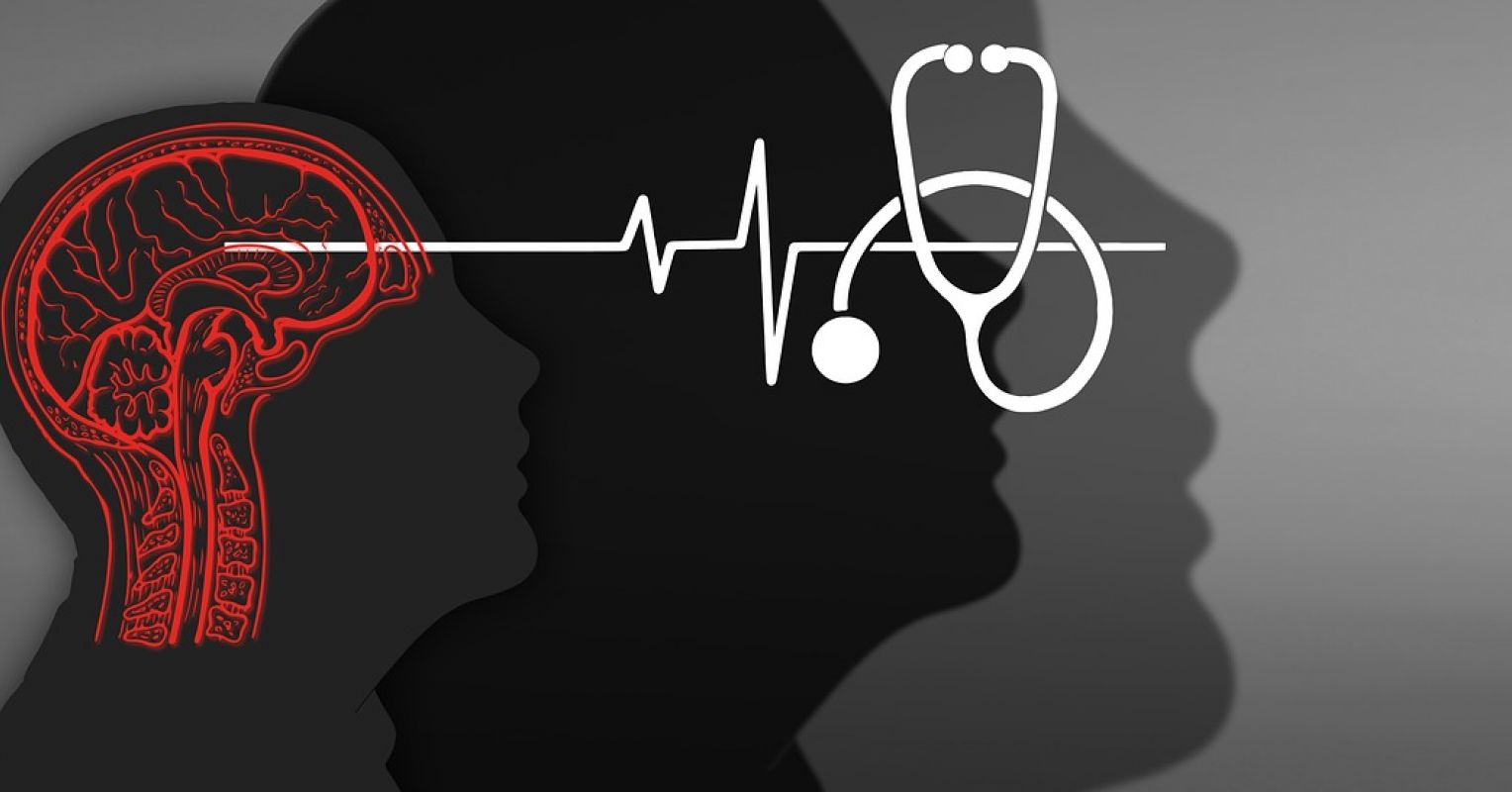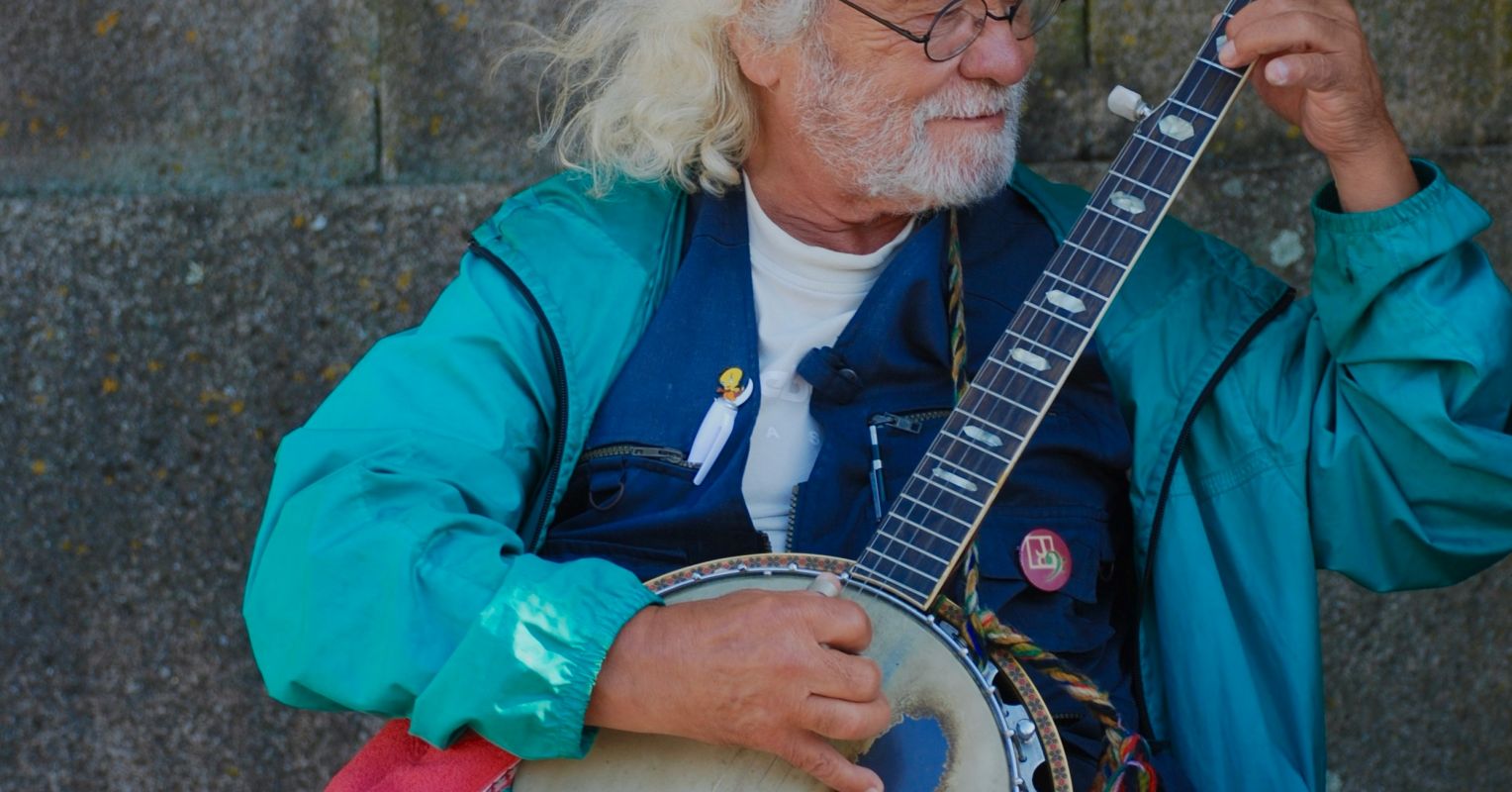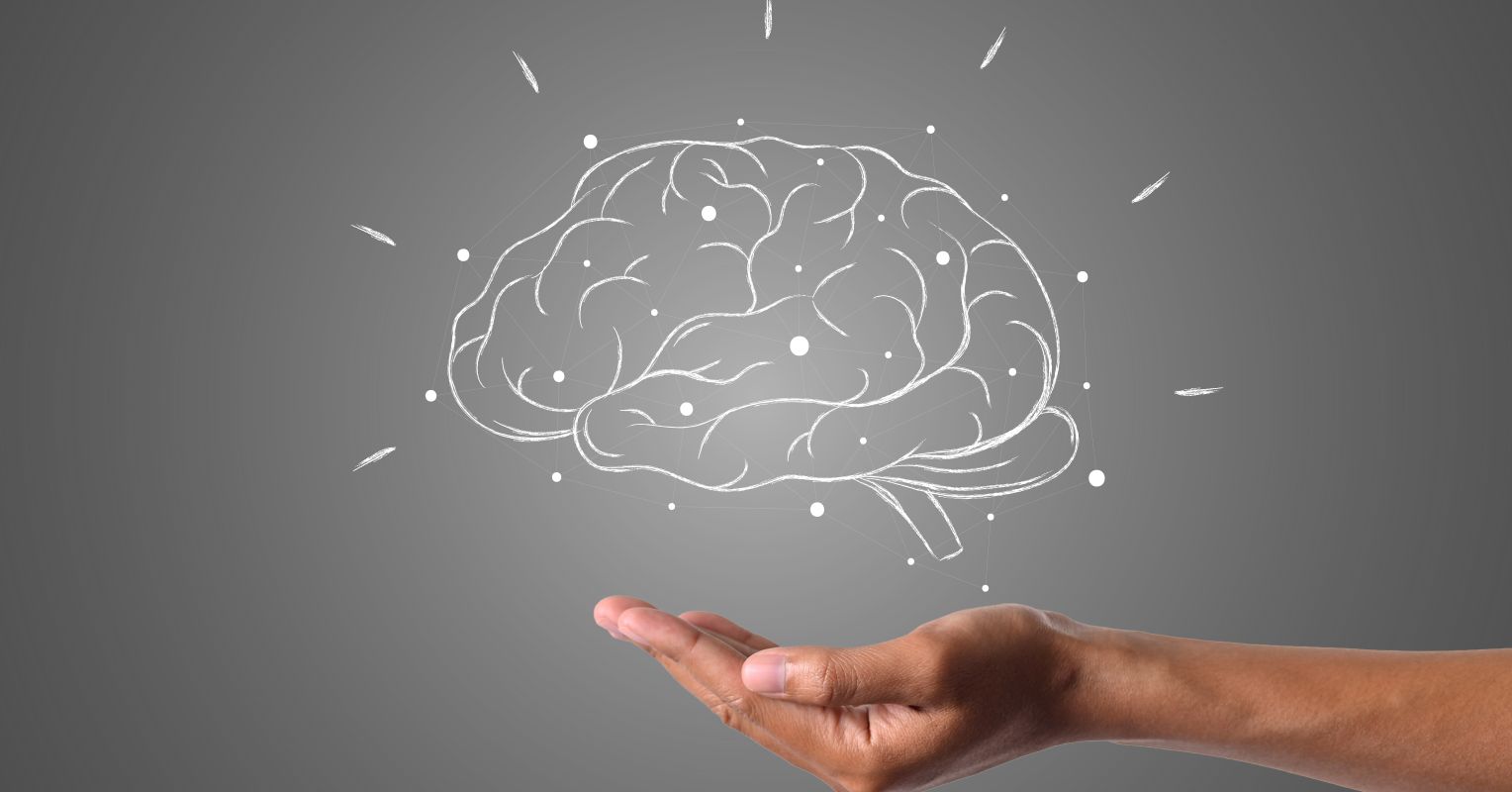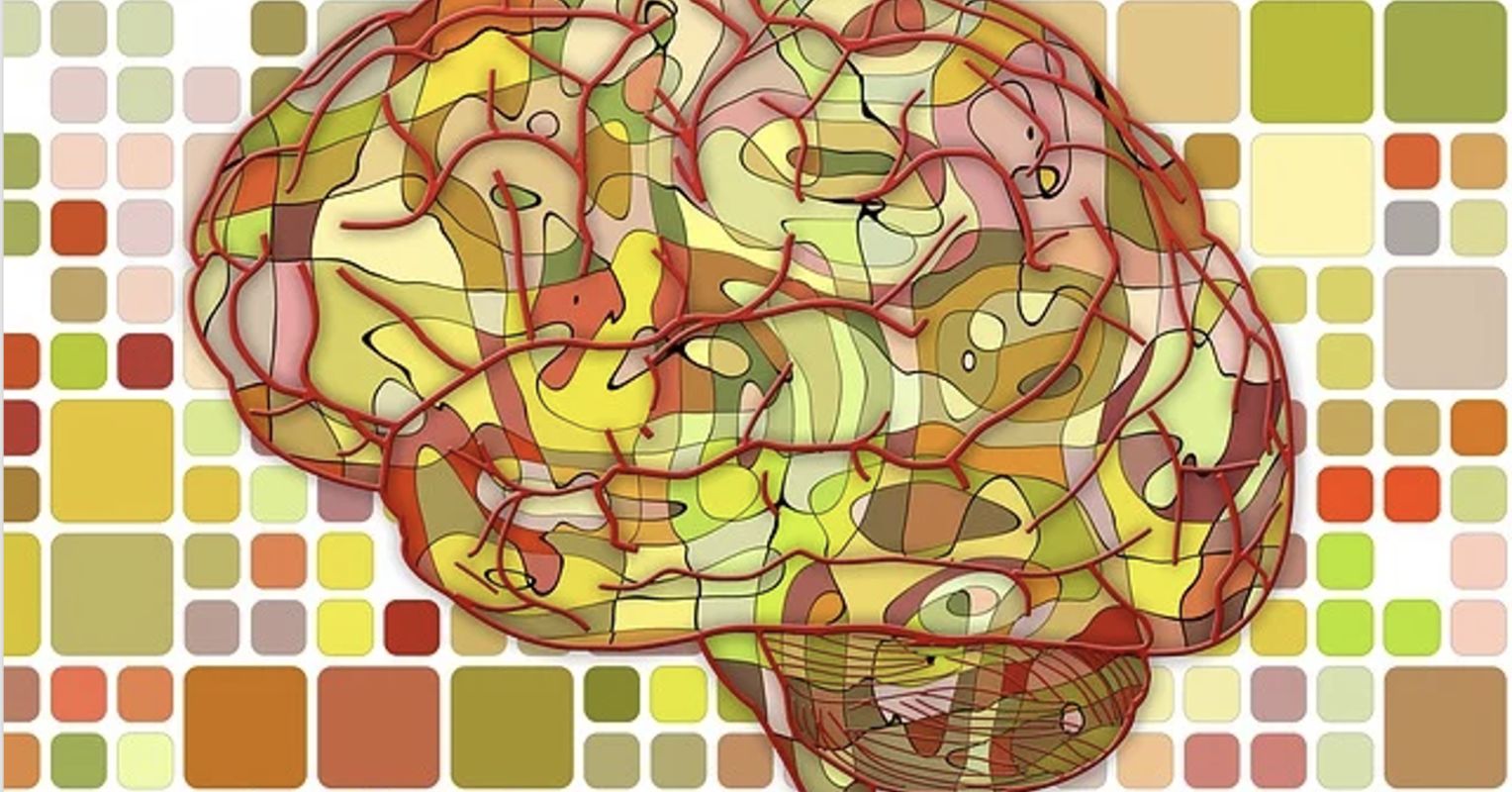#neuroplasticity
#neuroplasticity
[ follow ]
fromSilicon Canals
1 week agoRanked: 8 brain exercises neurologists recommend to prevent cognitive decline - Silicon Canals
If you're going to prioritize one thing for your brain health, make it this: regular aerobic exercise. Multiple large-scale studies show that aerobic exercise doesn't just keep your heart healthy-it directly impacts your brain structure. One year of aerobic exercise in older adults led to significantly larger hippocampal volumes and better spatial memory. Other trials documented that exercise actually slows age-related gray matter volume loss.
Public health
fromPsychology Today
2 weeks agoAttribution Theory and Achievement Considerations
Ability is thought of as being an internal stable factor over which a person may not think they have any control. However, one should consider that the ability to control one's own learning may become available to an individual if they actively engage in their learning. This active learning engagement has the potential to change neurological pathways, leading to changes in cognitive and skill-acquisition capacities, as well as advances in knowledge, potential, insight, and creativity(Arrowsmith-Young, 2012; Coyle, 2009; Doidge, 2010, 2015).
Psychology
fromFast Company
2 weeks agoHow to train your brain like your muscles, according to a neurologist
It might come as a surprise to learn that the brain responds to training in much the same way as our muscles, even though most of us never think about it that way. Clear thinking, focus, creativity, and good judgment are built through challenge, when the brain is asked to stretch beyond routine rather than run on autopilot. That slight mental discomfort is often the sign that the brain is actually being trained, a lot like that good workout burn in your muscles.
Science
fromPsychology Today
4 weeks agoTransforming Anger Into Harmony
Switching off negativity may take a process that involves neuroplasticity. According to Puderbaugh and Emmady ( Journal of Behavioral Science, 2023), "Neuroplasticity, also known as neural plasticity or brain plasticity, is a process that involves adaptive structural and functional changes to the brain." Simply put, it is "the ability of the nervous system to change its activity in response to intrinsic or extrinsic stimuli by reorganizing its structure, functions, or connections."
Psychology
fromYoga Journal
1 month ago5 Research-Backed Reasons You Should Change Up Your Yoga Practice
You finally get to your mat. As you begin to slow your breath and find the familiar shapes of poses, you can feel the emotional relief. You can also feel the nagging thoughts about that email you didn't return and the ruminations about that meeting that you're still reliving. Or maybe by the time you land in Warrior I you've already half-written a mental grocery list. You're checked out of your practice. Again.
Yoga
fromLos Angeles Times
1 month ago'Memory manipulation is inevitable': How rewriting memory in the lab might one day heal humans
When you began to reminisce, brain cells dormant just seconds before began firing chemicals at one another. That action triggered regions of your brain involved in processing emotions, which is why you may have re-experienced some feelings you did at the time of the event. Chemical and electrical signals shot out to the rest of your body. If you were stressed before you began this exercise, your heart rate probably slowed and stabilized as levels of cortisol and other stress hormones decreased in your blood.
Science
fromPsychology Today
2 months agoHyperbaric Oxygen Therapy: A New Frontier for Brain Vitality
People look to exercise, follow a nutritious diet, and even focus on cognitive training activities like puzzles, but these don't always provide valuable results. Despite these efforts, many aging adults still notice a lapse in memory, focus, or mental agility. Enter Hyperbaric Oxygen Therapy (HBOT), a clinic-based approach gaining attention as a complement to these healthy habits. A growing body of research now supports its ability to improve cognitive performance, enhance neuroplasticity, and, in some cases, reverse aspects of age‑related decline.
Medicine
fromPsychology Today
3 months agoAnxiety, Depression, and the Power of Dirt
Most of us probably have an auntie or neighbor who deeply loves their garden, and it's easy to view this as a pastime for retired folks, or for those super wholesome types. But, if you ask your neighbor what the appeal is, you may be surprised to learn it's doing something for him that even the busiest and most serious among us could use more of.
Mental health
fromBustle
4 months agoPsychologists Say "Positive Spiraling" Can Rewire Your Brain For Joy
Ever get caught in a negative thought spiral? It can happen after a minor inconvenience or misunderstanding, like when you forget to buy oat milk or your friend doesn't immediately text back. Instead of laughing it off, your brain overthinks it - I suck at everything, nobody likes me, etc. - and suddenly it feels like the world is ending.
Mental health
fromPsychology Today
4 months agoHaunted Harvest: Weird Fruits That Trick and Treat Your Brain
Think of the golden claws of Buddha's hand, the lime-green pearls that burst from finger limes, and the jet-black skins of wild berries that look like something a witch might toss into her brew. These "haunted harvests" may look spooky, but they're full of compounds that help your brain stay sharp, calm, and resilient. Beneath their eerie colors and unusual textures, wild and exotic fruits remind us that curiosity, both sensory and scientific, is one of the best things we can feed our brains.
Food & drink
fromPsychology Today
4 months agoIs This the Study That Rewrites IQ Theory?
Now, new research from Horvath and Fabricant challenges that assumption, and it does so with the kind of study design psychologists dream of: examining identical twins reared apart. Their findings suggest that education, of all things, may hold surprising power to raise measured intelligence. For educators, this study could be a validation of an instinct we've tapped on for years. For the rest, it offers hope that misreadings of prior research had closed off.
Science
fromAxios
4 months agoManifesting isn't all "woo-woo." Science says you can train your brain
The late James Doty, a neurosurgeon and professor at Stanford University, wrote in his 2024 book "Mind Magic" about how meditation paired with repetition of messages can change a person's subconscious. This could look like closing your eyes before bed to relax, meditating and visualizing an intention like earning a new job title or mastering piano. Afterward, write the intention on a piece of paper and keep it nearby, reading it often.
Mindfulness
fromPsychology Today
5 months agoHarnessing the Power of Repetition, for Good and Evil
The one piece of advice I have given all of them is this: "Rehearse! Rehearse! Rehearse!" I give this advice because no one taught it to me; I had to learn it the hard way. When I first started learning public speaking in a Toastmasters club, I was locked to the lectern. I was so nervous that I grasped the sides in a white-knuckle death grip and read my speeches from notes.
Education
Alternative medicine
fromAlternative Medicine Magazine
5 months agoNootropic supplement designed to support mental health
A new nootropic supplement containing agmatine sulfate supports neuroplasticity, mood balance, and enhances ketamine therapy outcomes while offering standalone mental health benefits.
Science
fromHackernoon
1 year agoHow Brain-Computer Interfaces (BCIs) and Neuromorphic Systems May Support Neuroplasticity in 2025 | HackerNoon
Brain-computer interfaces enable direct communication between the brain and devices, enhancing treatment for neurological conditions and exploring new learning potentials.
Writing
fromPsychology Today
7 months agoIgnite Your Creativity With Poetry
Reading and writing poetry enhances creativity and problem-solving skills.
Research supports the cognitive benefits of engaging with poetry, linking it to neuroplasticity.
Professional poets find a strong connection between their craft and creative success.
#mental-health
Mindfulness
fromPsychology Today
8 months agoDaydream to Reboot Your Brain
Breaks fuel neuroplasticity, and rest boosts brain rewiring.
Guilt-free pauses help us build emotional resilience.
Quality sleep, movement, and healthy eating boost our focus.
Procrastination signals an energy imbalance, not (always) laziness.
Psychology
fromSocial Media Explorer
8 months agoThe Neuroplasticity Revolution: Why Your Brain's Ability to Rewire Itself Changes Everything About Human Potential - Social Media Explorer
Neuroplasticity demonstrates that the adult brain is adaptable and can form new connections, enhancing cognitive functions throughout life.
[ Load more ]









